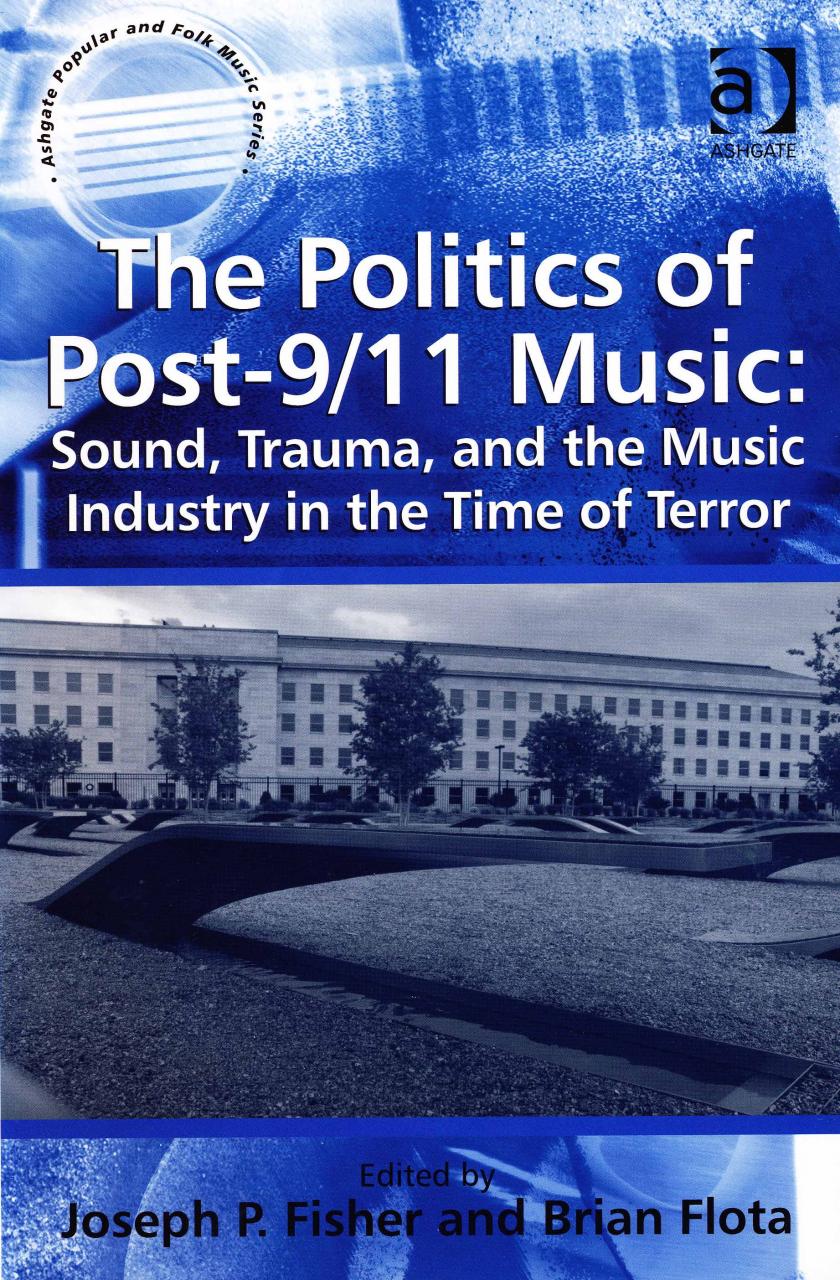
 GSLIS master’s student Brian Flota is the co-editor of a recently published book, The Politics of Post-9/11 Music: Sound, Trauma, and the Music Industry in the Time of Terror (Ashgate, 2011).
GSLIS master’s student Brian Flota is the co-editor of a recently published book, The Politics of Post-9/11 Music: Sound, Trauma, and the Music Industry in the Time of Terror (Ashgate, 2011).
From the publisher’s website:
“Seeking to extend discussions of 9/11 music beyond the acts typically associated with the September 11th attacks—U2, Toby Keith, The Dixie Chicks, Bruce Springsteen—this collection interrogates the politics of a variety of post-9/11 music scenes. Contributors add an aural dimension to what has been a visual conceptualization of this important moment in US history by articulating the role that lesser-known contemporary musicians have played—or have refused to play—in constructing a politics of protest in direct response to the trauma inflicted that day. Encouraging new conceptualizations of what constitutes 'political music,' The Politics of Post-9/11 Music covers topics as diverse as the rise of Internet music distribution, Christian punk rock, rap music in the Obama era, and nostalgia for 1960s political activism.”
Flota is also the author of A Survey of Multicultural San Francisco Bay Literature, 1955-1979, which was awarded the Adele Mellen Prize for Distinguished Contribution to Scholarship in 2009. His scholarly work has appeared in journals such as Interdisciplinary Humanities and EAPSU Online. He also contributes music reviews to the online blog The Fiddleback. He received his Ph.D. in English from The George Washington University in 2006 and has taught at George Mason University and Oklahoma State University.
Flota’s decision to pursue his library degree was largely influenced by his previous work. “Libraries were an essential part of my work on literary history and cultural studies. My aim with the degree is to aid researchers in obtaining specialized research materials and to continue the tradition of scholarly academic research. Ideally, I would like to pursue a career in rare book and special collections librarianship. However, I am also interested in careers in academic libraries, special libraries, and cataloging,” he said.